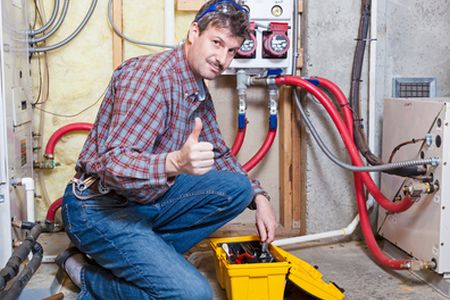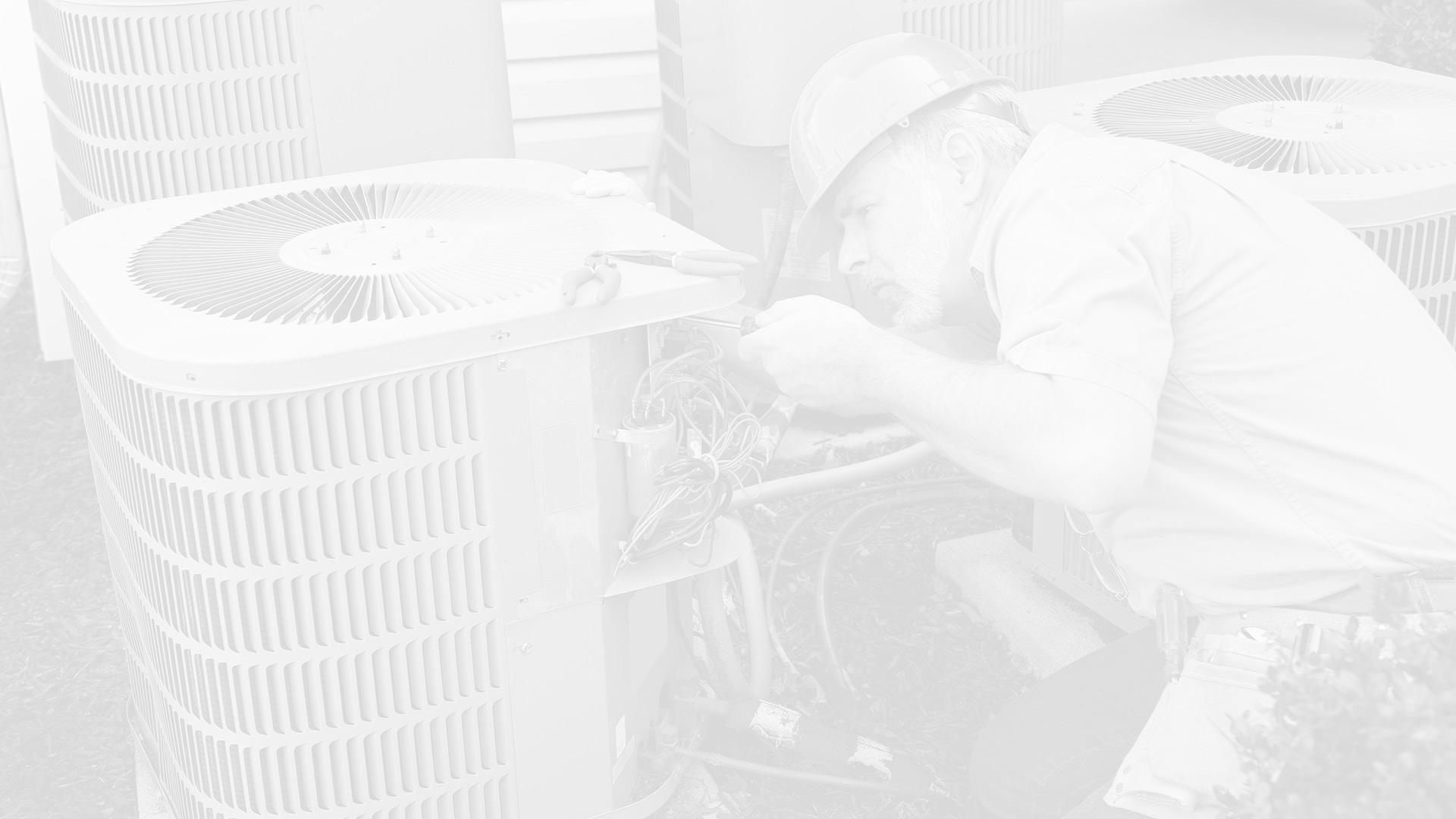Heat Pump Won’t Heat? 7 Quick Checks Before You Call

When the temperatures drop in Fort Worth, a malfunctioning heat pump can quickly turn your home into an uncomfortable space. Before rushing to schedule heating services, take a few moments to perform a quick check to identify common issues. Doing so can save time, money, and help you understand what might be wrong before calling a professional.
1. Check the Thermostat Settings
Sometimes, the simplest solution is the one overlooked. Ensure your thermostat is set to heat mode and that the temperature is set higher than the current room temperature. If your thermostat runs on batteries, replacing them can also resolve unresponsive heating.
2. Inspect Air Filters
Dirty air filters restrict airflow, making it harder for your heat pump to heat your home efficiently. Check your air filters and replace them if they appear clogged. Regular filter maintenance is a small step that can make a big difference in your system’s performance.
3. Examine the Outdoor Unit
Your heat pump’s outdoor unit needs to be free of debris, ice, and snow. Blocked airflow can prevent proper heating. Gently clear any leaves, dirt, or ice accumulation around the unit, ensuring nothing obstructs the fan.
4. Look for Ice Buildup
While heat pumps can produce some frost in cold weather, excessive ice formation can indicate a problem with the defrost cycle. Ice buildup may prevent the system from heating effectively. If you notice thick layers of ice, it may require professional attention.
5. Check for Auxiliary Heat Running Constantly
If your heat pump isn’t producing enough heat, your system may rely heavily on auxiliary (aux) heat, causing higher energy bills. This could indicate that your primary heat pump components aren’t functioning efficiently. Understanding when and why aux heat is running can help pinpoint the issue.
6. Inspect the Circuit Breakers
A tripped breaker or blown fuse can prevent your heat pump from operating. Check the breaker panel and reset any tripped circuits. Sometimes, restoring power is all it takes to get your system running again.
7. Listen for Unusual Noises
Strange sounds such as grinding, squealing, or rattling can signal mechanical problems. These noises often indicate issues with the compressor or fan motor, which require immediate attention to prevent further damage.
Performing these checks can give you a clearer picture of your heat pump’s condition. If the problem persists, it’s time to call the experts. Outstanding Fort Worth air conditioning specialists can quickly diagnose and resolve heat pump issues, ensuring your home stays warm all season.
For reliable Fort Worth heating services, contact Texas Air Doctors today and restore comfort to your home.

